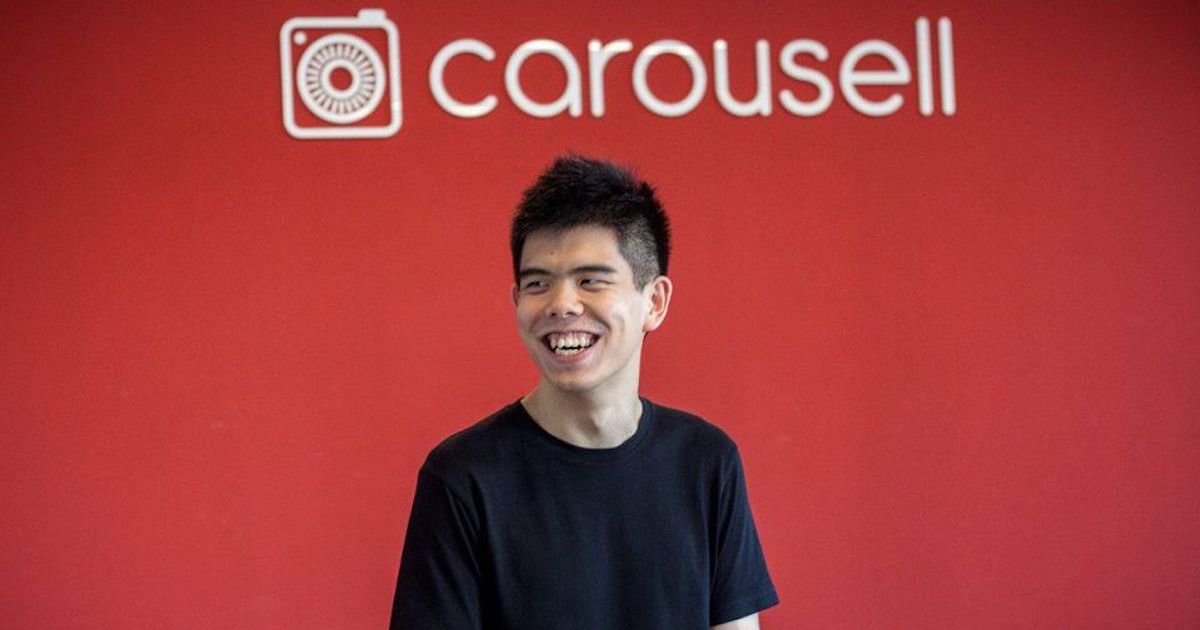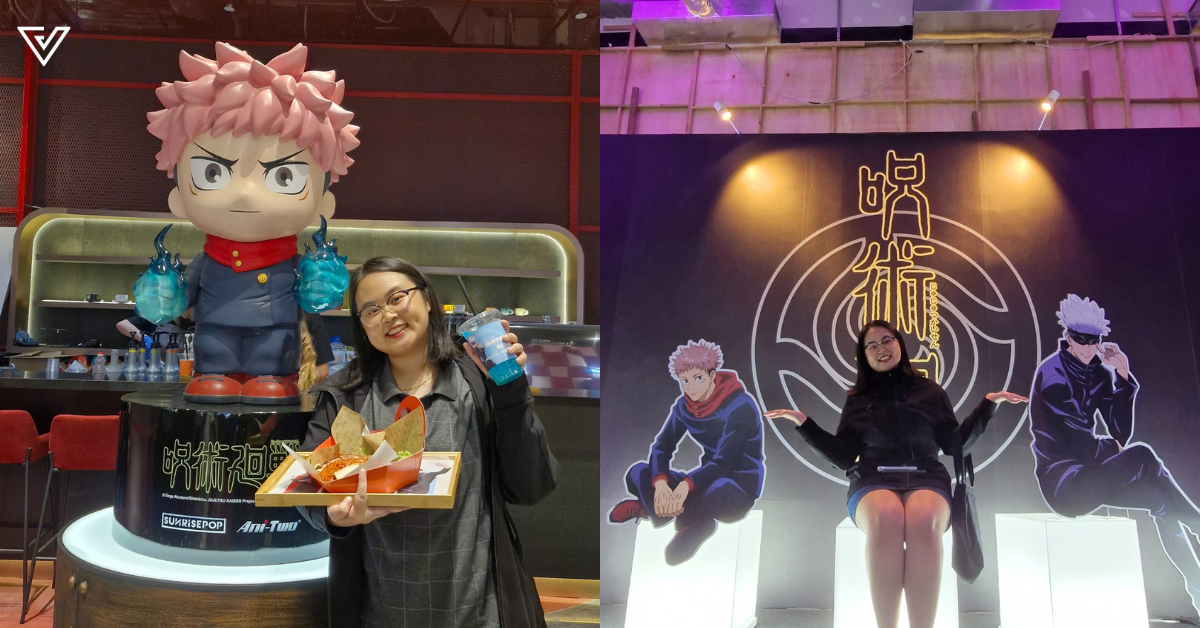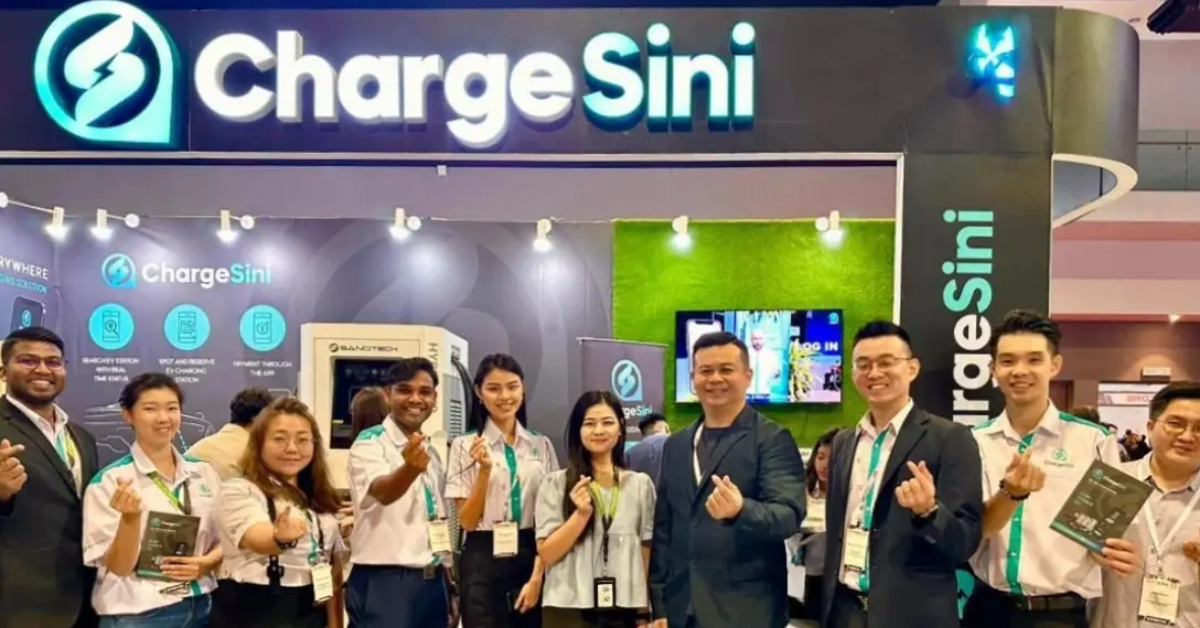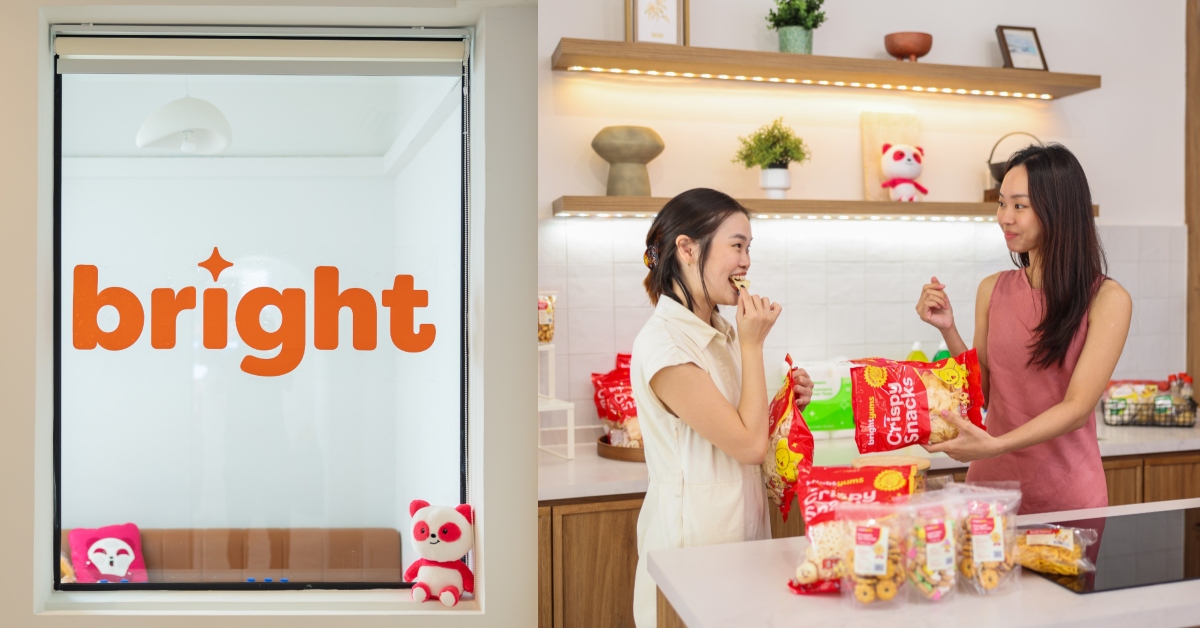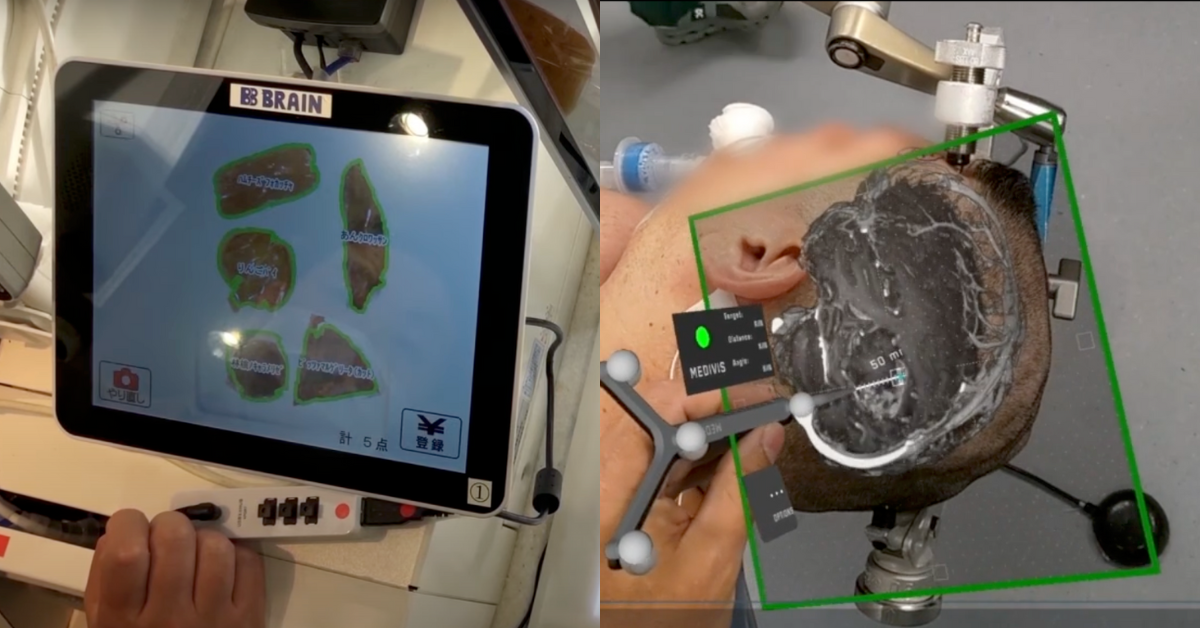With a fresh US$56 million to bank on, Carousell — the Singapore-native mobile marketplace — enters a new phase in its ambition to “re-imagine the online classified ads model”.
The funding came from Naspers, a publicly traded and diversified Internet company whose portfolio includes the global classified ads platform OLX.
Along with this deal, Carousell also announced its merger with OLX in the Philippines.
There are some similarities between OLX and Carousell in their long-term goals.
A difference is that OLX was born in an era before smartphones became the norm. It’s not optimally adjusted to the needs and expectations of Southeast Asia’s mobile-first shoppers.
It’s not difficult to imagine the Carousell-OLX deal in the Philippines eventually leading to a deeper relationship between the two companies, perhaps even a full buy-out of Carousell by Naspers.
In any case, consolidation in Southeast Asia’s classifieds space is likely, as individual players will want to fortify their position.
Facebook’s own version of a buy-and-sell marketplace — simply called Marketplace, which launched not long ago — can potentially pose a real threat to existing online marketplaces like OLX and eBay, analysts believe.
“According to Facebook, there are 450 million existing buying and selling groups, approximately a quarter of users utilise Facebook to trade items,” writes HL Tan, an equity analyst specialising in technology, media, and telecom on intelligence platform Smartkarma.
She argues that Marketplace provides a formal platform for what’s already happening on Facebook at a large scale, and that Facebook’s algorithms and insights generated from its billions of users give it an edge.
Carousell’s co-founder and CEO Quek Siu Rui has shrugged off the launch of Marketplace as “validation that the problem we are solving is massive.”
A few days ago, KrASIA sat down with Siu Rui and quizzed him about the future of the startup and whether he thinks the merger with OLX Philippines can serve as a template for similar deals in the future.
KrAsia (K): Where do you see this partnership with Naspers heading, in the short-to-medium term, and long term?
Quek Siu Rui (Q): As a company, we started with the mission to inspire people to start selling. We have been growing really well and are grateful to have Naspers validating our growth.
When it comes to acquiring OLX Philippines, we are really looking forward to learning and combining forces to supercharge our growth in the Philippines.
Carousell has entered the Philippines about 2.5 years ago and it is one of our fastest growing markets. OLX Philippines has been around for almost 13 years and has acquired much local knowledge. It has also built a sizeable business in the cars and real estate classified space vertical.
Serving that 100 million people there is our goal. This deal is strategic for us where we get to combine our tech expertise, community love and rapid growth with OLX Philippines’ strength in the local market to become the best-classified service provider.
The entire post-merger integration will be facilitated by my co-founder Marcus, who will be paying special attention to welcome the team and OLX’s community of 6 million users to our platform and to ensure a smooth integration.
As a tech company at heart, we are very focused on building great products. One example can be the use of artificial intelligence to make selling more simple, say reducing the time taken to list a product from 30 seconds to 3 seconds.
Today, when users take a picture of the product to list on our platform, the tech is able to suggest a title, category, and even price for the user. Surfacing relevant content also becomes very important.
Currently, we are fast approaching a 200 million listing milestone.
K: Would Naspers be interested in getting a bigger stake in Carousell?
Q: Our immediate focus is to have a successful integration. That said, we always take a long-term approach with our investors. Some notable examples include Rakuten, Golden Gate Ventures, and 500 Startups.
We definitely see a long-term future with Naspers, a global tech investor with deep operational experience within the classifieds business vertical.
K: Do you think this Nasper-Carousell deal can offer a replicable template for similar acquisitions, for example of OLX Indonesia by Carousell, or in other Southeast Asia markets and beyond?
Q: Our immediate focus right now is the Philippines and we see cementing our leadership in Southeast Asia as our top priority in the next 2 to 3 years.
This deal, however, does provide us a glimpse of another way to accelerate our journey to achieve that goal. Opportunistic acquisitions with the right partner are one way, a proven way; in addition to building great products and serving the community well.
We see ourselves as natural consolidators for three reasons:
- We have been investing in this region from day one. We are a company built by Southeast Asians, from Southeast Asia for Southeast Asians. Hence, we feel that we are best placed to serve the region well.
- Investing in technology to build mobile classifieds product is what we have been doing for 6 to 7 years and now we are supercharging that with our community features, AI, and integrated payments.
- We have a balanced portfolio. In markets like Singapore and Hong Kong, we can focus on monetisation. Though small, these two wealthy and developed markets offer huge potential. And we can then focus on emerging markets where we see a huge headroom for growth.
We’ve never discussed anything about OLX Indonesia specifically. The only agenda we have now is with OLX Philippines., but we do see acquisitions as a possible way to grow. People see us as a company that they would roll into, because of our tech and distributed portfolio.
K: Carousell has expanded to bigger ticket sales items like cars, real estate, and finance products. Could you share some numbers about the proportion of sales among the different categories? Could you also provide some numbers about the traction that Carousell is seeing for these categories?
Q: Currently, our revenue model consists of 3 broad streams – advertising (from brands and platform users), premium visibility products, and yes high-value categories and verticals (subscription by bundling listing fees). They are equally distributed.
On finance products, it is really a value-added service to make the process of buying a more seamless. One example is our partnership with UOB’s loan instant approval product where the whole application just takes 15 minutes. Adoption has been positive.
Automotives and Real Estate have so far been focused on Singapore. Plans are underway to roll out in Hong Kong with the acquisition of Caarly (a used car sales platform in Hong Kong), as we are still relatively newer when it comes to property.
In the Philippines, with OLX’s expertise, we already have a sizeable share of cars. OLX is also very much into the property classifieds space.
K: How has the response been for the mobile wallet CarouPay? Are there plans to apply for e-money licenses going forward?
Q: We see it as an improvement of user experience, as an option.
CarouPay is a way to improve the overall buying and selling experience: there is no need to fumble with change and with escrow.
As for e-money license, no plans for the moment. The Caroupay name may associate us with that. We have already partnered with DBS’s mobile wallet Paylah. That shows you our intention. We don’t want to be another Paylah. It’s just to improve the user experience on Carousell.
K: Carousell is now valued at over US$550 million. Some people we have talked to say that it’s overvalued, while there’s also the view that Carousell is on track of becoming one of Southeast Asia’s next unicorns. How do you respond to that? Can you break down some of the considerations and arguments that justify the valuation?
Q: My co-founders and I have had the same obsession, that is how to use technology to solve problems for people, inspiring everyone to sell stuff online. That’s the end goal in mind when we do fundraising or look to bring investors on board. We are looking to create an impact on SEA as a company, and valuation is just a by-product.
The potential impact we can create as a company is huge. We believe we are in the best place to build this for the region and the Southeast Asia classifieds opportunity is massive. The support from investors is a validation of this long-term potential.
K: Is it correct that Carousell booked US$1.73 million in revenue and US$29.8 million in losses in 2017? How do these figures look now?
Q: Yes, those are official numbers. Revenue has been growing rapidly, we’re not prepared to discuss details at this point. But all have been growing really really well. The Philippines market is another chance to fortify that.
K: Where do you see the future of your platform going in terms of its value for advertisers?
Q: It’s a big focus as a company to develop ad capabilities and more ad products and features. We have two types of customers, external brands, which have included Go-Jek and DBS, but also our current users can advertise their listings.
Our advantage is that we are a commerce platform, where people are discussing shopping intent. There’s a big trend in marketing for brands who want to target specifically in the market of people wanting to buy stuff.
Carousell is both a discovery and search platform, that’s valuable to marketers. There’ll probably be more to share about our plans in this area this soon.
This article is written by Robin Moh (edited by Nadine Freischlad); and was first seen on KRAsia.
Featured Image Credit: Carousell
